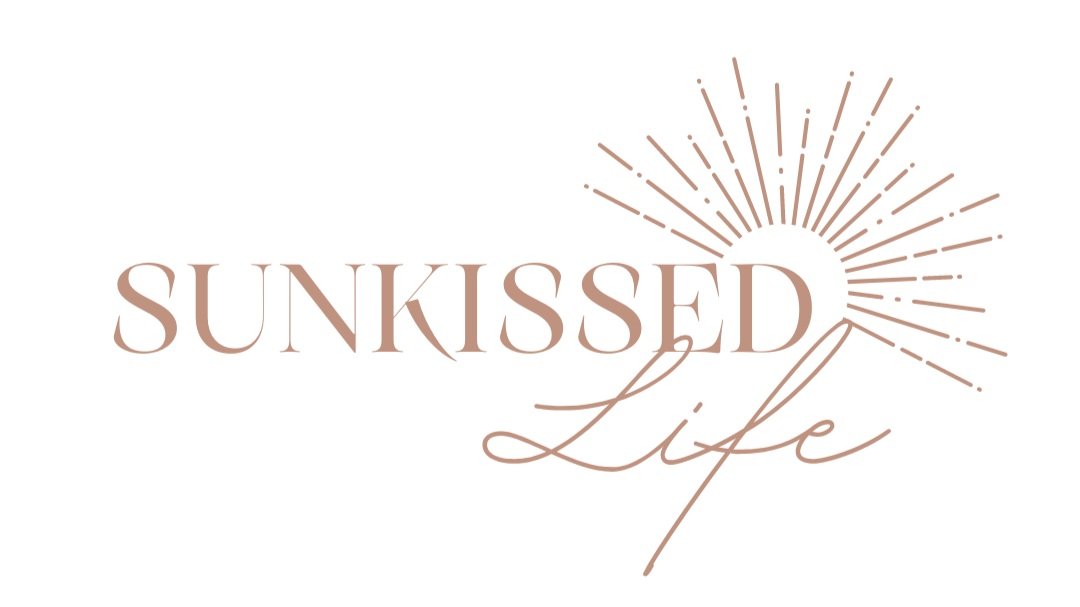Is it true?
A large part of my life these days is spent on a boat called an outrigger canoe. It is one of those tahitian style canoes where six of us are paddling in a boat together in unison on opposing sides. Seat one sets the pace for the boat, seat two has to follow perfectly behind but on the opposite side, seat three and four are power seats and seat five helps seat six who is the steers-person.
The first year of paddling, (in my head) I was seen as really good because I had already standup paddled for a year and have done other paddle sports in the past. We only compete with other first year paddlers so I had an advantage having already done a paddle sport for a year. To be honest, I had a little bit of an ego about being good until the next year when we merged into the open women’s team. It was at that moment where I became very humbled. These women are BADASS! Many of them are in their 40’s, 50’s and 60’s and crushing it! They are so strong, skilled paddlers and fast!
One practice I would be put in a “good” boat in the seat that I prefer and then the next practice I would be in a not as strong boat in a “bad” seat (according to me), or I would end up racing in a completely different seat than we had practiced. I would constantly feel myself taking it personally. I would think that I wasn't good, fast, strong enough and would blame myself every time the boat didn't run well. I had to consistently remind myself to stop making up stories and to let go of the ego that is attached to this idea.
The next week I would be back in my same spot again and even then, when I was in a good boat in a good seat (according to me), I still had to let go of the ego and the stories of why I was there. It is important that no matter what the story, we check in with the validity of it.
When you feel like you are making up a story or assumption, you can pass it by these four questions from Byron Katie’s work:
Is it true?
Can you absolutely know that it's true?
How do you react, what happens, when you believe that thought?
What emotions arise in you when you believe that thought?
What images of past and future do you see when you believe that thought?
How do you treat yourself when you believe that thought?
Who would you be without the thought?
Below is an example:
Story: My coach thinks I am a bad paddler so she put me in a different boat.
Is it true? Probably not.
Can you absolutely know that it is true? If it really bothered me, I could ask her why.
How do I react when I believe the thought? I feel poorly about my paddling. I get in my head, and it takes me out of being in the moment and enjoying practice.
Who would I be without the thought? I am more present in my practice, and I feel lighter in the boat without that heavy thought. I actually feel a lot better without that thought.
Ponder on those four questions and use them as a filter to better understand the truth of the stories. If the thought is true or you don't know if it is true, and it pertains to another person, you can always ask for clarity or work to reframe the thought.




